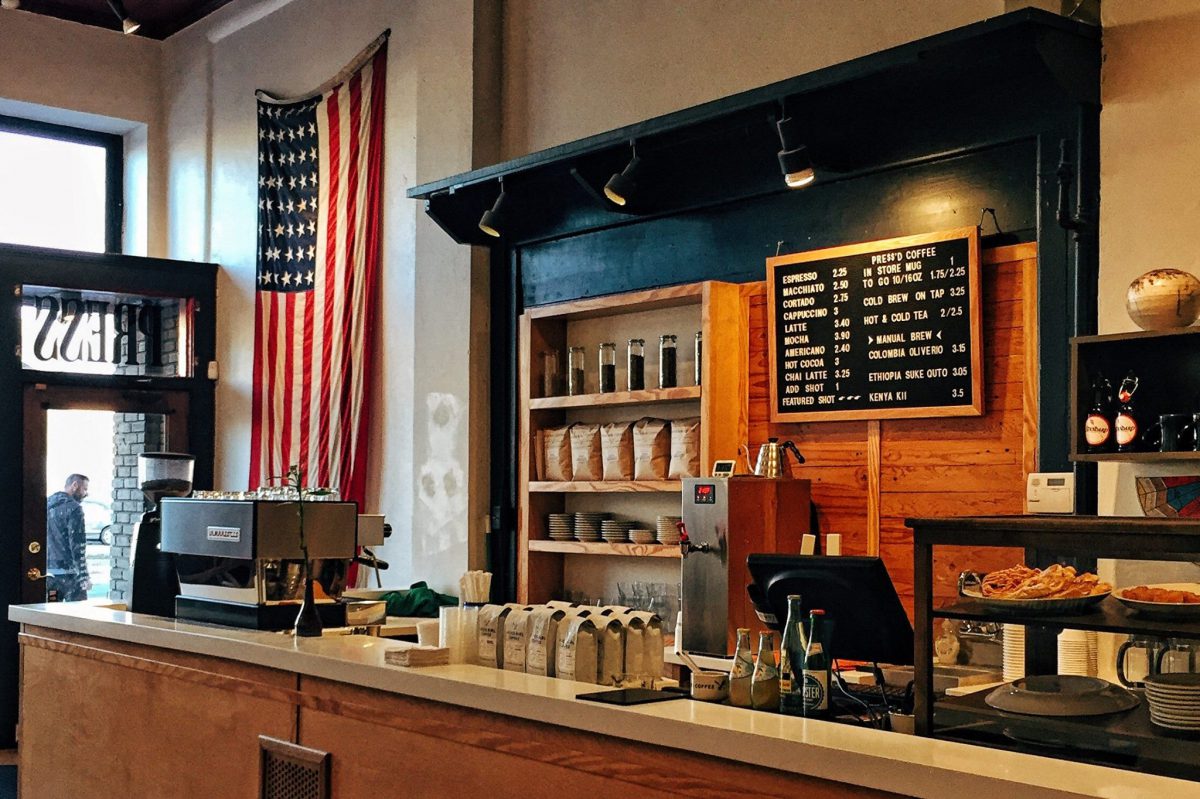Art and Culture
A Different Kind of Privilege
The largest part of the privilege they passed on to me was the privilege of good habits, good manners, a good work ethic, and a good general philosophy of life.

If you live your life in and around higher education (including Christian higher education, as I do), then you see and hear a lot of discussion of the topic of white privilege. White privilege refers to the many things white people supposedly don’t have to think about (such as how they are perceived in a retail environment, how they interact with law enforcement officers, etc.), but which are bigger issues for African-Americans and perhaps other non-white persons.
At the same time, there is a growing critique of the slice of Americans (a recent Atlantic essay characterized them as the 9.9 percent) who dominate American life as the winners of a meritocracy. Americans have typically been friendly to the idea of aristocracies of talent as opposed to aristocracies based on blood and family, but increasingly there are fears of a ‘cognitive elite’ that is becoming increasingly cohesive through geographic, educational, and marital clustering. The worry is that this group is driving economic stratification faster and further than old aristocracies ever could.
Against this backdrop of ideas running on parallel tracks, I consider a conversation I had with a couple of academic theologians. In many places, professors of Christianity very often take jobs as interim pastors. It is not unusual for such jobs to open up in smaller and more rural congregations. Both of these pastors mentioned that they’d had hair-raising experiences with frank racism from some congregants. I was intrigued because I have never encountered any kind of racist sentiment in church during my nearly half century of life in the south. “Did these experiences happen in churches of the type that you would ever join?” Both answered in the negative. “Have either of you known people to express racist sentiments at churches you choose for your families?” Again, the answer was no.
My thesis is that frank racism is something that for several decades now has grown in a separate environment from other cultures. In other words, if you are in certain parts of society (including in the south), you know better than to judge people on the basis of the color of the skin. This is what I mean when I refer to a different kind of privilege. It is the kind of privilege to which I was born.
My father is the son of a blue collar worker (a handler of phosphorus who eventually became a safety supervisor) and a school cafeteria manager. They were both the children of farmers and both grew up in and maintained faith through the strictly conservative Church of Christ. My mother is the daughter of a mailman and a homemaker. Their family was Catholic. The family to which I was born, then, didn’t turn its collar white until the generation preceding mine. It is in the mid- to late-twentieth century that you get the engineers, the administrators, the managers, and the educators. I suspect such a family arc is typical of the south during the period of its industrialization and development.
All of this means that I did not grow up in a southern family of inherited wealth, of ancestral land holdings, of club memberships, or even of college educations. Based on the received perception of the region, one would expect that I spent my childhood amid a hail of negative comments and racial slurs. The reality was exactly the reverse. At nearly half a century of life and with all of it lived below the Mason-Dixon line, I have almost never (and I qualify that with ‘almost’ just because I can’t be completely certain of memory) been in conversation with any fellow southerner who talked that way or thought that way. I take racism to be the assumption or belief that persons of another color are automatically less worthy than those of one’s own color. Virtually no one I have ever known in the south has expressed such sentiments to me.
Now, having made these expansive claims about my experience, I have to offer some qualification. It is likewise true that despite the fact that I attended public schools throughout my young life and also attended three major state universities during my time in higher education, I was never offered marijuana or illegal drugs of any other kind. I do not take that fact to indicate that marijuana did not exist or was not used during those years. Such a claim would strain credulity. Likewise, I cannot claim that the lack of racist feeling in my life and relations means that racism did not exist.

I am making a different point. This is where privilege comes in. My parents were not wealthy, though sometimes I was under the false impression that they were. I got that idea in part because they made an explicit effort to expose my sister and me to certain experiences. They wanted me to know how to play baseball, golf, and tennis. They took us to resorts where one had to dress for the dining room or even to play bingo. They took pains to expose me to knowledge about table manners and which button to leave unbuttoned on a blazer. They wanted me to be able to live and thrive in a variety of environments.
I have come to the conclusion that whether consciously or not, they engaged in the same training of me with regard to racism. I think my mother and father knew that a racist sensibility was nothing more than a millstone around the neck of any person. They did not wear that millstone themselves, nor did they wish that their children should wear it. That is the nature of my privilege. To put it less than gently, I was brought up in such a way as to see an expression of racism as ill-mannered and about as welcome as the audible passing of gas at a meeting.
As I read the Atlantic’s negative appraisal of the meritocratic top ten percent in American society, I couldn’t help but think about my family who pushed me to become exactly that kind of person. And I find myself thinking the same thing I’ve sometimes thought as I read Marx: “Are these bourgeoisie such bad people? Don’t they work hard, learn much, and transmit good values to their children?” I stand where I often have in saying that a meritocratic society can be a good one in thought and deed. Did I have privilege in growing up as the child of someone who rose because he was smart in a meritocratic society that values such persons? Absolutely. But please recognize that the greatest part of that privilege has never been money. My folks were never rich. The largest part of the privilege they passed on to me was the privilege of good habits, good manners, a good work ethic, and a good general philosophy of life. It is this privilege that caused me to dismiss and revile racism as a mental framework.






